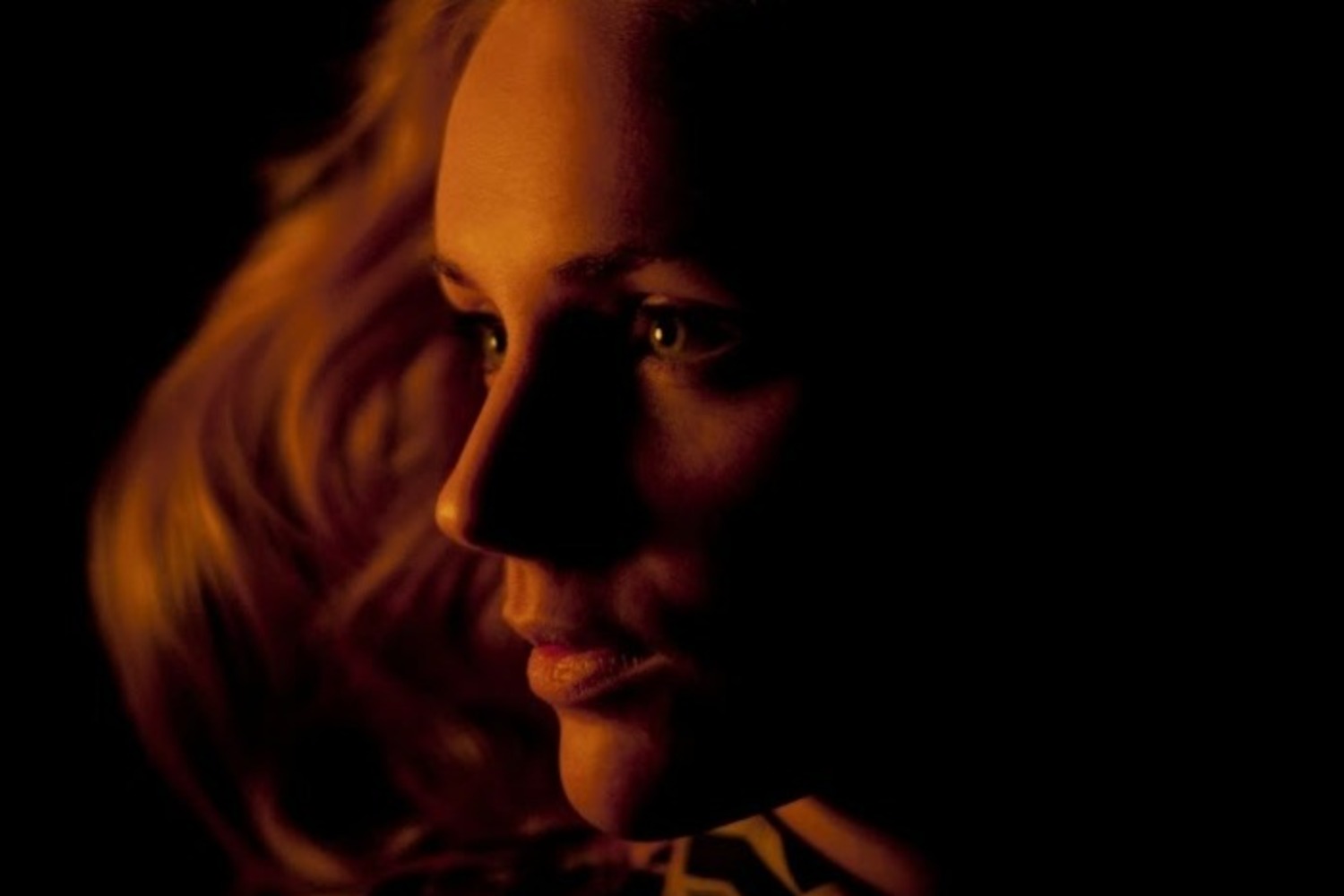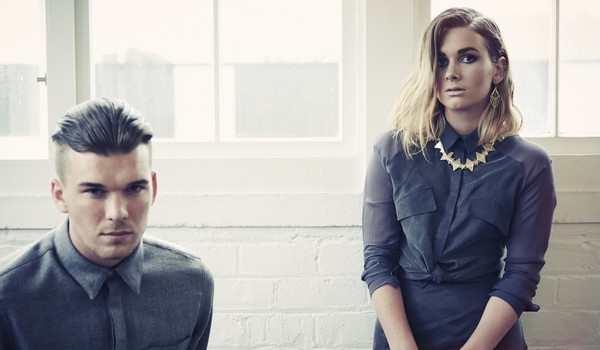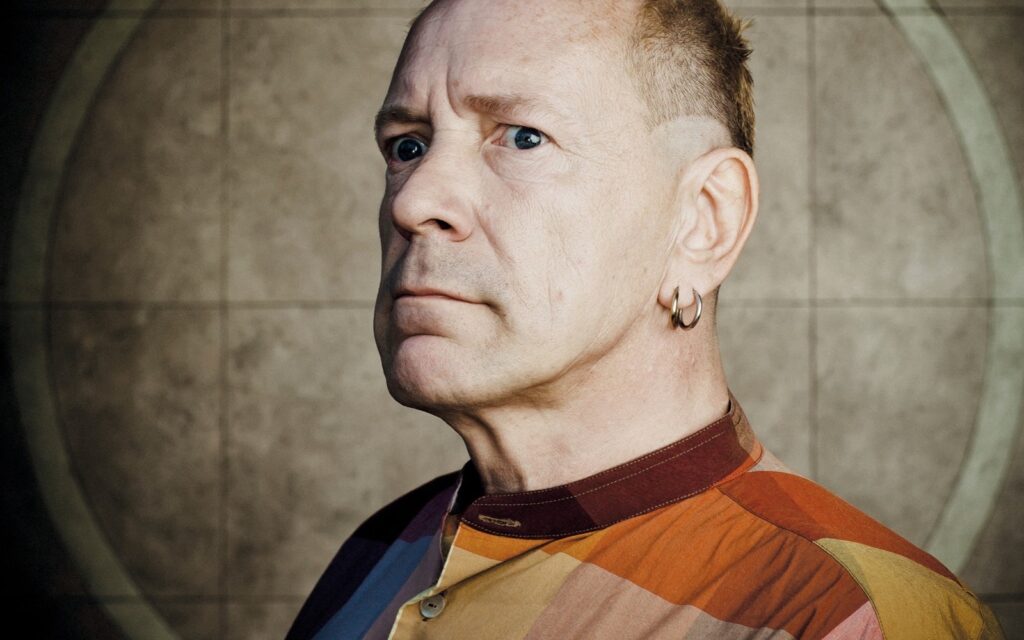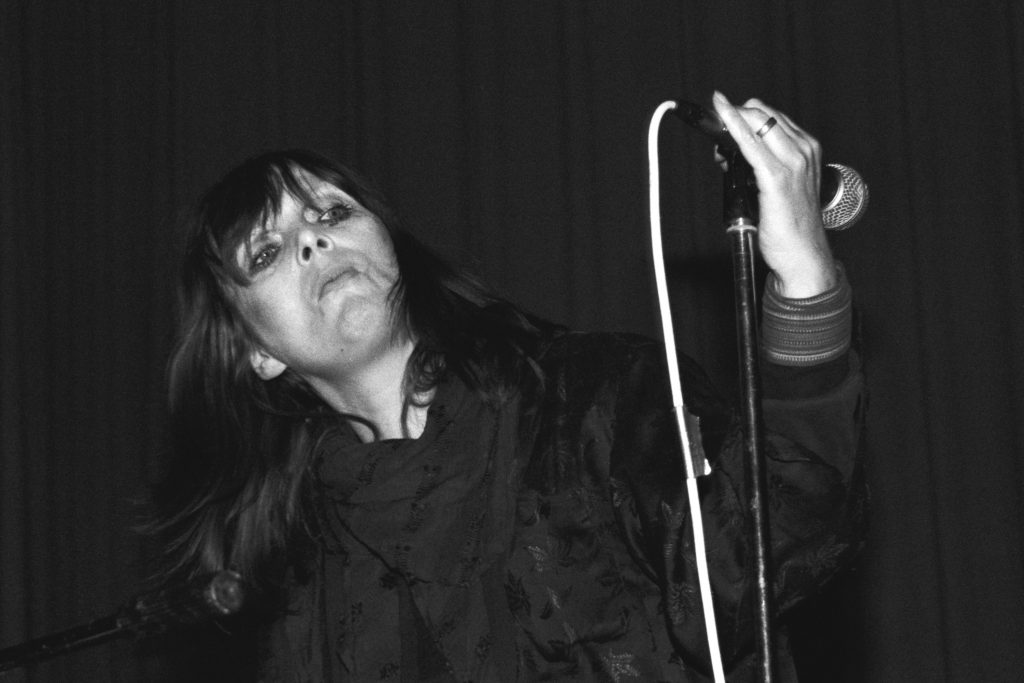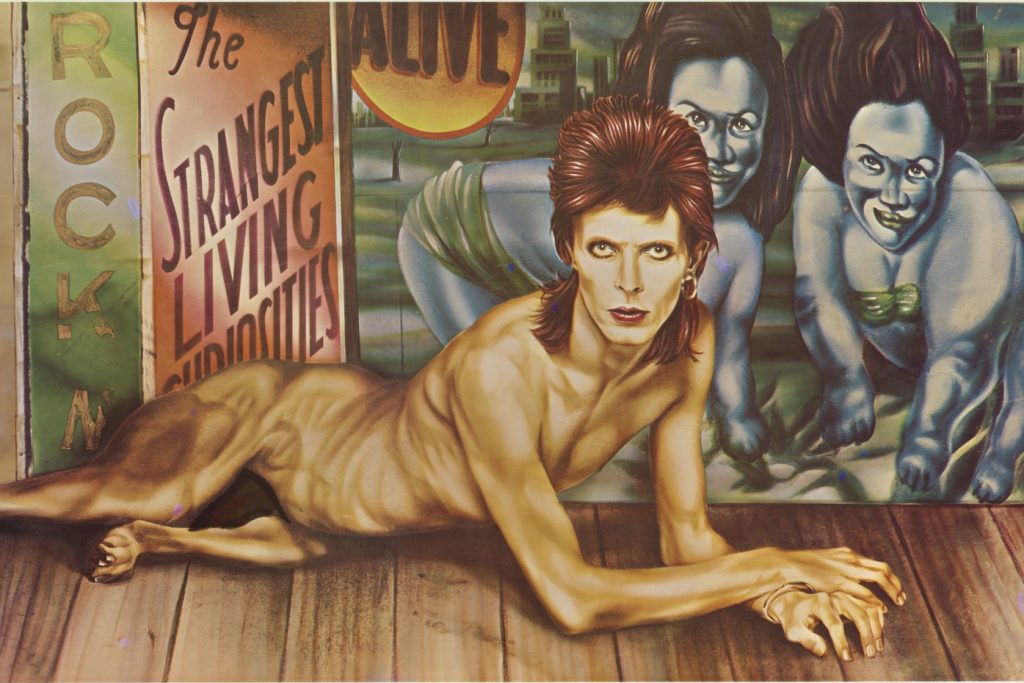Danish singer Agnes Obel has captivated many over the last few months.
Delicate, epic, haunting, ominous – there is something somehow revelatory about her sophomore album Aventine, as though any moment you might turn a corner and find yourself embarking on some Carrollian quest. Curious, given that the majority of songs are quite introspective and not at all what you would normally associate with adventure. Or that’s one interpretation – as Obel acknowledges, each song takes on a life of its own from listener to listener.
“I think songs change…” she begins, and trails off. “For me they change in an aesthetic sense, when I find myself playing in front of people. That can change the song for me quite a lot, but it’s also very interesting. Sometimes it’s like a song goes through a little journey until you end up going back to the old meaning again. I have one old song that we started to play quite fast. It was quite a delicate song, about sleeping. It was played very slow and in a way that almost made it sound as though the instruments were being played backwards. But we stopped doing that, because we noticed that people were actually starting to fall asleep,” she laughs. “It was kind of cool. It’s a well-known song so people would sing along, and then you’d see them slowly start to sleep. Now we play it in more of a dark way on cello, so its journey has been quite strange.”
There is an inevitable hesitation in asking an artist to divulge the meaning or history of their work. Having played from an early age, Obel begins the majority of her songs on piano, and only rarely do lyrics emerge at the same time. It is a very personal process, and one in which motivations cannot be too carefully scrutinised lest the magic becomes stilted. As a result, what the songs might mean to her audience is something she tries to avoid while composing.
“I have to admit I don’t think so much about who’s listening,” she says apologetically. “The way I work is all about forgetting everyone else. It’s an illusion that I have, that I’m completely alone and no-one is ever going to hear it. When I’m that state of mind I work really fast, it’s like time passes in a different way. It’s always when I know I have to deliver, when I know somebody is going to hear it, then I’m very slow and the energy to go on stops working. It’s based on suspending everybody I know.
“Music feels more direct to me when it is expressed without thinking. I’m also very subjective and very introspective. Sometimes I have a very specific situation that I want to describe, and when I hear people’s response to the songs I’ll think, ‘OK, well, that didn’t come across at all’. It’s all so interesting. Music is a very subjective experience. It’s really very beautiful in its difference.”
Finding herself compelled to go through the rigmarole of interviews and promotion must then be a particular drain. With her international reputation gaining ground the clamour for Obel’s time and attention is stronger than ever – little surprise, given just how beautifully composed and affecting her material is. But like any hypnotism, there is a necessity for mystery. Insistence on insight can bewilder not only the song, but the singer.
“I remember after one night where I’d done so many interviews, I suddenly felt as though it was almost a corrupting thing. I felt I was talking about the music in the wrong way. It’s something I’ve had a lot of struggle with, but now that I’ve had more experience I’ve started to understand that it’s necessary, that it’s part of what releasing music is about. I shouldn’t take it so close. I try and think, ‘Ahh, nobody cares’, and just go back to writing music and forgetting about it. You’re always afraid you’ll say something that will somehow disturb the perception not just for whoever is listening, but for yourself, so that next time you play the song you won’t hear what it originally was. It’s a little bit terrifying, changing your truth [of a song]. You have to be careful.”
The interview has been a pleasant struggle, once we’d established a rhythm for the voice delay and I had wept away the last of the onion. Pleasant, but part of me also feels bad at having compelled Obel to once again pick through the delicacies of her music rather than let her get on with the strange escapism of writing it.
“Ahh, that’s just the curse of musicians. You have to talk about it if you want to release it, but it’s so difficult. Sometimes I’ll just try to explain piano movements because that is kind of the context of how they came to be, but very often I don’t even know myself. Maybe after a few years I’ll know more, and I’ll be able to say, ‘Oh, of course!’ But now maybe isn’t the right time to have those kind of reflections. The best reflections you will find in the music, and in the performances. Well, I hope!” she adds, laughing.
